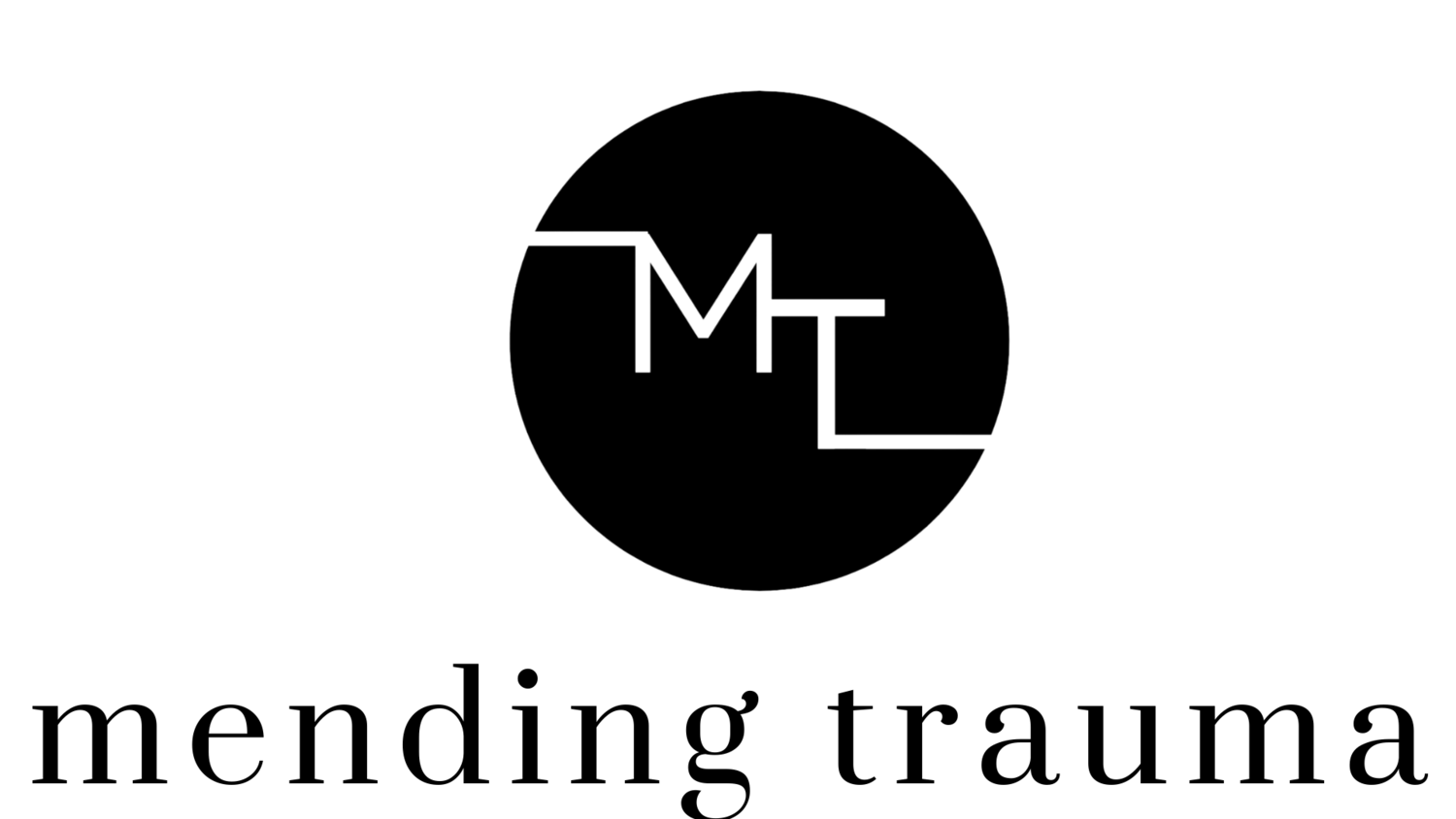Heal Your Brain
Clinically Supervised Neurofeedback
Find Calm
Improve Focus
Reduce ADHD symptoms
Reduce insomnia
What is Neurofeedback?
What Does Neurofeedback Help With?
Research has shown efficacy in treating these conditions with neurofeedback:
ADHD
Autism Spectrum Disorder
Anxiety
Chronic Fatigue
Developmental Delays
Epilepsy
Insomnia
Migraines and Headaches
OCD
PTSD and Trauma
Age Related Cognitive Loss
Addiction
Chronic Pain
Depression
Eating Disorders
Fibromyalgia
mTBI/Concussion
Post-stroke treatment
Seizure Disorders
Sleep Disorders
Client Testimonials
Neurofeedback in 3 Steps:
Individual Intake Appointment
During a one-hour appointment, your clinician will take a detailed assessment and design an individual neurofeedback protocol for you. This includes a mini mapping of your brain using EEG.
2. Brain Training
You will come in 2-3 times each week, depending on your individual protocol, and train with your practitioner. Each training session is 30 minutes.
3. Integration
After you have trained for 20-40 sessions, depending upon your protocol, your brain will integrate the changes and begin to stay regulated on its own. We will take a final mapping of the brain in order to determine if your treatment is finished.
What Happens During Neurofeedback?
Neurofeedback has been studied for decades. Read a peer-reviewed article about Neurofeedback below.
FAQ
-
Neurofeedback uses sensors on the scalp to monitor brainwave activity and provide real-time feedback through both visual and audio rewards). This helps the brain learn to regulate itself towards a more balanced state.
-
If neurofeedback is personalized and delivered following correct protocols, generally clients experience positive effects within the first 10 sessions of neurofeedback, which may take 2 - 4 weeks. Neurofeedback is shown to be effective in three in four people.
-
During a typical session, you'll be seated while playing a video game or watching a scene on a computer. You will also hear audible rewards, such as music or beeps. The sensors monitor your brain activity and through the visual and audio rewards, your brain will begin to change itself into an optimal state. Your practitioner will coach you through the session. You may feel tired after the first few sessions of training. Most clients feel calm and relaxed after their session.
-
When you do neurofeedback through our clinic, you are working closely with a clinician who is frequently updating your training protocol, based upon real-time information from your brain. This hands-on approach offers clients optimal results as changes can be made to their protocol quickly.
When you work with our clinic, you are also given a membership to our online Trauma Recovery program, The Whole Health Lab. This includes EMDR, IFS, community connection meetings and an online learning platform with somatic tools and education on recovering from trauma and toxic stress.
-
The number of sessions varies depending upon the issue you would like to resolve. On average, people require around 40 sessions to optimize their brain and get resolution. Most people see some results within 10 sessions and some people resolve the issue that brought them into our clinic within 20 sessions. Every brain is unique, and each treatment plan is based upon the goals you have for yourself with neurofeedback.
-
Signs of neurofeedback effectiveness include improved attention, reduced impulsivity (in cases like ADHD), better mood regulation, and enhanced cognitive function. Objective measures such as brainwave changes and behavioral improvements during therapy sessions also indicate progress.
-
During your neurofeedback training you will come into the office between 2-3 times a week for 30 minutes a session. Once you have completed your treatment plan and your brain is stable and organized, you will not need to do neurofeedback regularly. Most people come in for a tune up (4-6 sessions) every two years or more.
-
Neurofeedback is a type of biofeedback and unwanted changes can be quickly reversed in the next session. Your clinician monitors your sleep, mood and other symptoms closely so that your brain is not trained in a way that causes side effects. Mild fatigue during the first few sessions is common.
-
Neurofeedback therapy is considered safe for individuals across all age groups, including children, teenagers, and adults, due to its non-invasive nature and lack of pharmacological intervention.
-
Yes, we recommend continuing any prescribed medications while undergoing neurofeedback training.
20 Session In Office Bundle
This package includes:
Intake appointment
EEG Brain Assessment
20 neurofeedback training sessions
3-month membership to The Whole Health Lab
$2200
Individual Neurofeedback Prices and Packages
30 Session In Office Bundle
This package includes:
Intake appointment
EEG Brain Assessment
30 neurofeedback training sessions
3-month membership to The Whole Health Lab
$2900
40 Session In Office Bundle
This package includes:
Intake appointment
EEG Brain Assessment
40 neurofeedback training sessions
4-month membership to The Whole Health Lab





